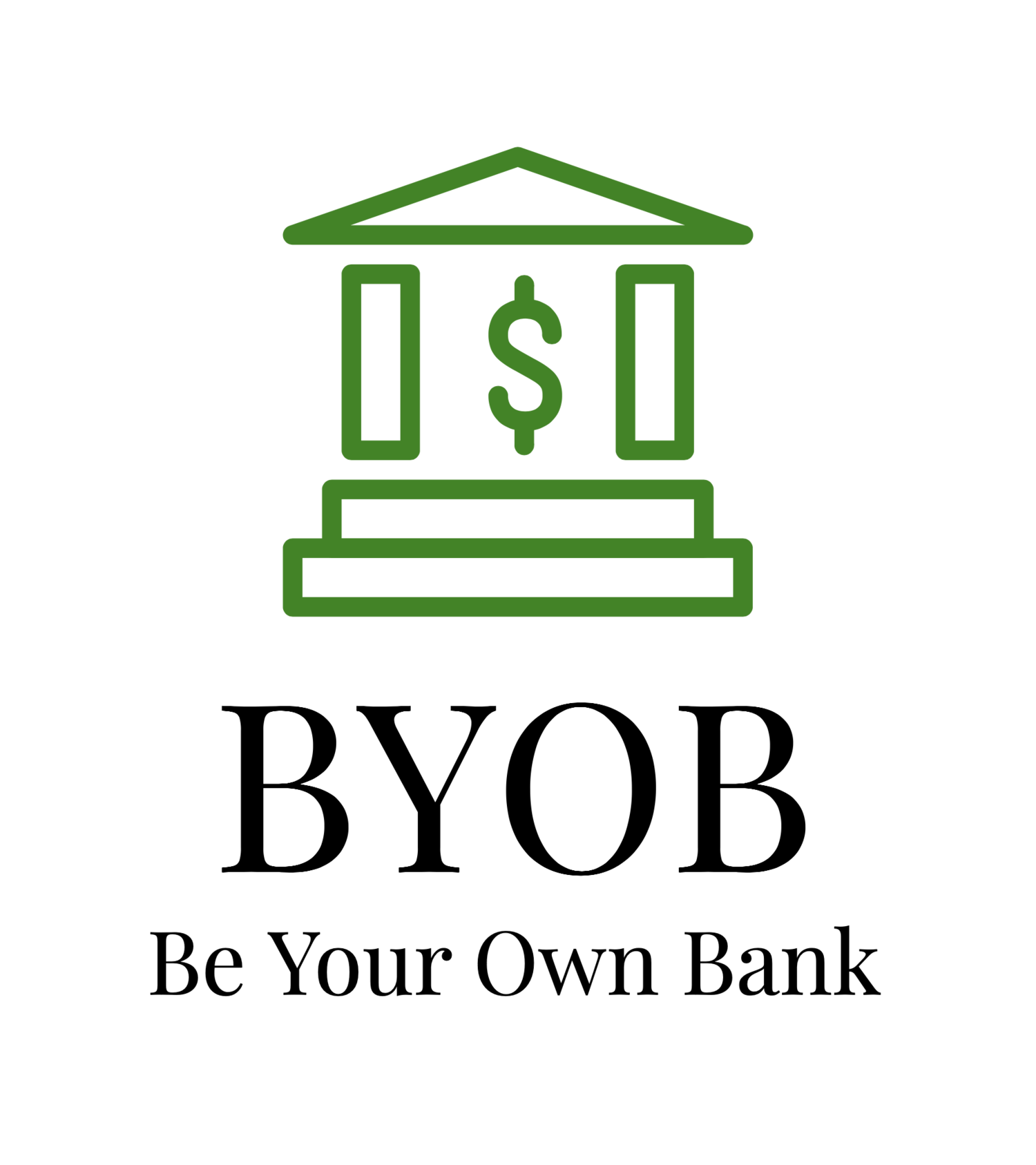Unlocking Financial Literacy: Why Investing in Books is a Game-Changer for Your Education
The difference between the rich and the poor is knowledge
In a world where the perceived value of books often takes a backseat to digital distractions, it's easy to overlook the profound benefits of reading. Have you ever considered how one book, costing a fraction of formal education, could unlock new horizons in your life? Imagine the potential for personal development through books, offering affordable learning that rivals even the most prestigious institutions. As you journey through the pages, you're not just reading; you're investing in your financial literacy and personal growth. Together, let's explore how these pages can empower YOU to take control of your finances and transform your life—because the impact of books on life is truly priceless.
The Power of Books in Education
Books have long been the cornerstone of education, offering a wealth of knowledge at our fingertips. In this section, we'll explore how the perceived value of books has shifted, compare affordable learning through books to formal education, and discuss the lifelong journey of reading and education.
Perceived Value of Books Today
In our digital age, the perceived value of books has undergone a significant transformation. Many now view books as outdated or less relevant compared to online resources and quick-fix solutions.
However, this perception overlooks the enduring power of books. A single well-chosen book can provide in-depth knowledge and insights that far surpass the scattered information found online. Books offer a curated, comprehensive approach to learning that can't be replicated by skimming articles or watching short videos.
Moreover, the tangible nature of books encourages focus and deep engagement with the material, fostering better retention and understanding. As we'll explore, this makes books an invaluable tool for personal and financial growth.
Affordable Learning vs. Formal Education
When it comes to education, the cost of formal institutions can be staggering. Books, on the other hand, offer an incredibly cost-effective alternative for learning.
Consider this comparison:
| Aspect | Books | Formal Education |
|---|---|---|
| Cost | $10 - $50 per book | Thousands per course |
| Flexibility | Learn at your own pace | Fixed Schedules |
| Specialization | Choose specific topics | Broad curriculum |
| Lifetime Access | Yes | Limited Enrollment |
While formal education has its merits, books provide an accessible path to knowledge that can complement or even replace traditional learning in many areas, especially in personal finance and self-improvement.
Reading and Education: A Lifelong Journey
Education doesn't end with a diploma. In fact, the most successful individuals embrace learning as a lifelong journey, with reading at its core.
Books offer the flexibility to explore new topics, deepen existing knowledge, and stay current in rapidly evolving fields like finance and technology. They allow you to learn from experts and thought leaders across the globe, all from the comfort of your home.
Continuous learning through reading not only enhances your skills and knowledge but also keeps your mind sharp and adaptable. This ongoing education is crucial in today's fast-paced world, where staying informed can lead to better decision-making in both personal and professional spheres.
Books as a Tool for Personal Growth
Books are more than just repositories of information; they're powerful catalysts for personal transformation. In this section, we'll delve into how books drive personal development, their impact on life transformation, and their role in building financial literacy.
Personal Development Through Books
Books serve as mentors, offering guidance and inspiration for personal growth. They provide diverse perspectives and experiences that broaden our horizons and challenge our assumptions.
Reading regularly can:
Enhance critical thinking skills
Improve emotional intelligence
Boost creativity and problem-solving abilities
Increase empathy and understanding of others
Moreover, books on personal development often offer practical strategies and exercises that readers can immediately apply to their lives. This hands-on approach accelerates growth and helps turn knowledge into action.
Impact of Books on Life Transformation
The right book at the right time can be a catalyst for profound life changes. Many successful individuals attribute pivotal moments in their careers and personal lives to insights gained from books.
For example, Warren Buffett credits much of his investment philosophy to Benjamin Graham's "The Intelligent Investor." This single book shaped Buffett's approach to value investing, ultimately leading to his extraordinary success.
Key ways books can transform lives:
Providing new perspectives on life's challenges
Inspiring career changes or entrepreneurial ventures
Offering strategies for improving relationships
Guiding personal finance decisions
By exposing us to new ideas and possibilities, books can spark the motivation and provide the knowledge needed for significant life transformations.
Value of Knowledge in Financial Literacy
In the realm of personal finance, knowledge truly is power. Books on financial literacy offer invaluable insights that can significantly impact your financial well-being.
Financial literacy, the ability to understand and effectively use various financial skills, is crucial for making informed decisions about saving, investing, and managing debt. Books on this topic can demystify complex financial concepts and provide practical advice for building wealth.
Key benefits of financial literacy through reading:
Understanding investment strategies and risk management
Learning to create and stick to a budget
Developing long-term financial planning skills
Gaining insights into tax optimization and estate planning
By investing in financial education through books, you're laying the foundation for a secure financial future. The knowledge gained can lead to better financial decisions, increased savings, and ultimately, greater financial freedom.






